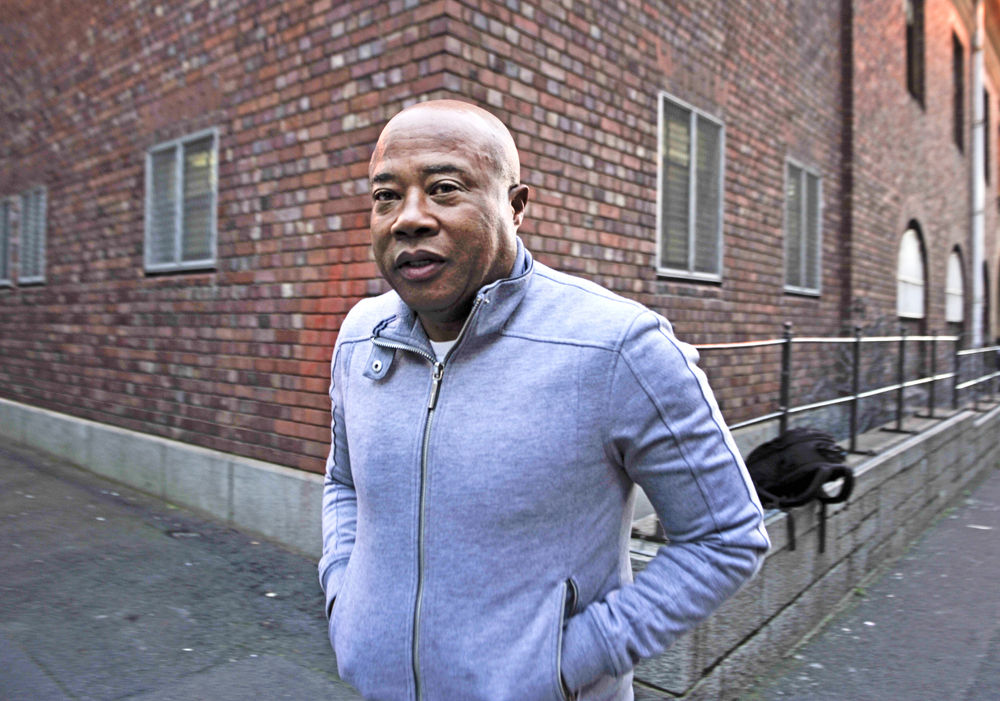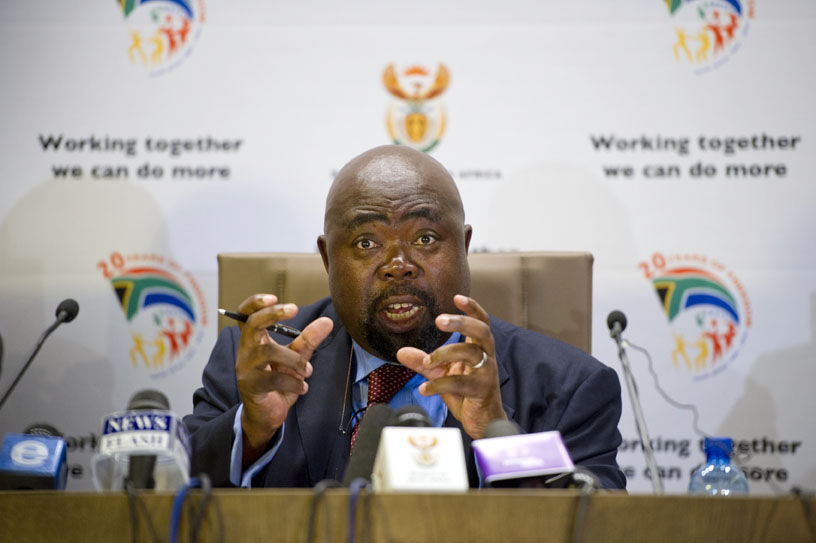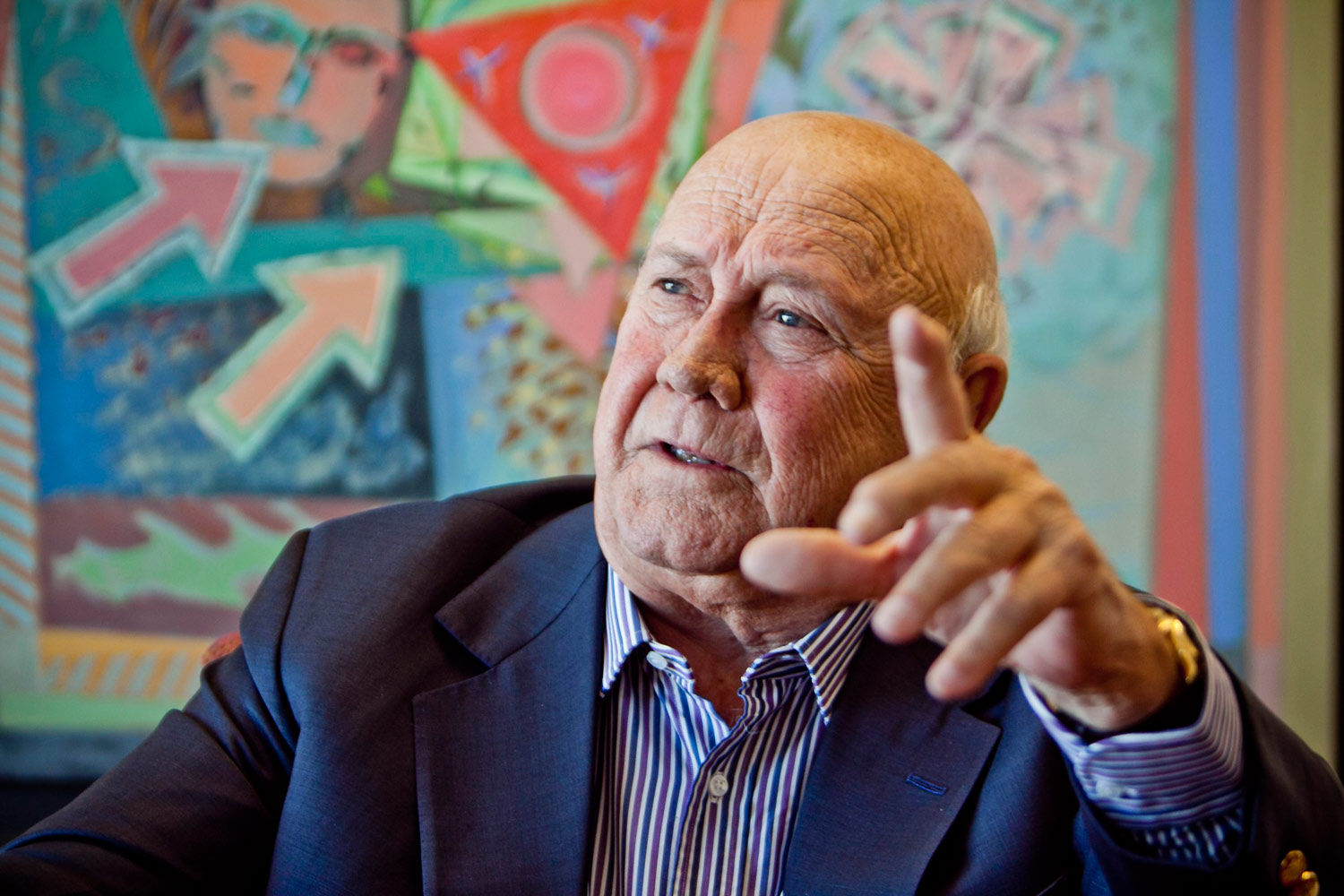Pallo Jordan.
There are allegations aplenty of lies large and small told by politicians. But, unlike Pallo Jordan, who finally confessed this week, they generally deny the allegations until legal processes catch up with them. These six politicians, largely post-apartheid, stuck to their denials until the end.
Tony Yengeni
In 2001, Yengeni took out full-page advertisements in several major newspapers to deny he had benefited from a large discount on a car and to proclaim himself a victim of racism and the allegations against him hogwash. He was later sentenced to four years in prison for it, served four months, was arrested for drunken driving while on parole, found not guilty, and another charge of drunken driving is currently pending against him.

Tony Yengeni (Gallo)
Yengeni is a serving and influential member of the ANC’s national executive committee.
Dina Pule
Pule, while the communications minister, lied persistently in vehement attacks on the Sunday Times, after the newspaper first reported allegations of corruption and conflicts of interest made against her, the public protector Thuli Madonsela would later find. Her denials were simply false, Madonsela said.
Sicelo Shiceka
Another victim of the public protector, the minister of co-operative governance, Shiceka, lied when denying he had visited a convicted drug-dealer girlfriend in Switzerland, a visit paid for by taxpayers. Shiceka also lied about a stay in a luxury hotel, Madonsela found.
Thulas Nxesi

Thulas Nxesi (Gallo)
As the minister of public works, Nxesi claimed that a report on security spending at Nkandla contained sensitive information about security and, therefore, could not be released to the public. In fact, he said, under the provisions of the National Key Point Act, it would be criminal to treat the report as anything other than strictly confidential. But, only after legal demands for information made keeping the report secret untenable, it was eventually released, unedited, following a Cabinet decision, and contained no security-sensitive information.
FW de Klerk
In the dying days of apartheid, De Klerk finally formally acknowledged that South Africa had developed nuclear weapons – but said it had not acquired the technology or material from another country, and had never co-operated with another country to produce the weapons. As it turned out, thanks to the prosecution of an army brigadier, there had been sourcing, sharing and co-operation with Israel.

FW de Klerk (Gallo)
Jacob Zuma
In 2003, Zuma told Parliament that he did not meet the arms deal player, Alain Thetard, which would become central to allegations of bribery and corruption. He repeated the denial, in no uncertain terms, in an affidavit during the trial of Zuma’s financial adviser, Schabir Shaik. Shaik, on the other hand, said the meeting did take place but had been utterly benign. But prosecutors produced the infamous “encrypted fax” that captured Thetard’s summary of the meeting. In finding Shaik guilty of corruption, including of funding Zuma, the court found that the meeting had in fact taken place.